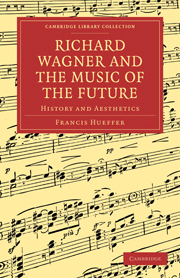CHAPTER II
Published online by Cambridge University Press: 29 August 2010
Summary
In glancing through the history of genius, we notice in many cases a strange coincidence between its individual character and the soil from which it takes its origin, and by which its growth is supplied with the most appropriate nourishment. Sometimes it must be confessed, Providence seems to act in a most severe and arbitrary manner; but it will almost always be found, that even the harshest treatment ultimately redounds to the purified regeneration of its seeming victims. Dante was banished from his beloved Florence by the hatred of political enemies, but the personal sting of revengeful invective forms one of the grandest features in his divine poem. “The United States,” Baudelaire says, “were to Edgar Poe a vast prison, a wild country, barbarous and gaslit.” True, to some extent; but would he, in a more congenial atmosphere, have been able to stamp upon his creations that anathematic inscription of “Never a chance,” which forms their indescribable charm?
Schubert's nature was not of a kind to receive additional zest from combating with opposition and envy. His impulsive genius would have withered in the cold thought-stricken atmosphere of the north; and we may call it his first and greatest piece of luck, to have been born in the very centre of warm-blooded south German life, at Vienna on the 31st January, 1797.
- Type
- Chapter
- Information
- Richard Wagner and the Music of the FutureHistory and Aesthetics, pp. 125 - 192Publisher: Cambridge University PressPrint publication year: 2009First published in: 1874



